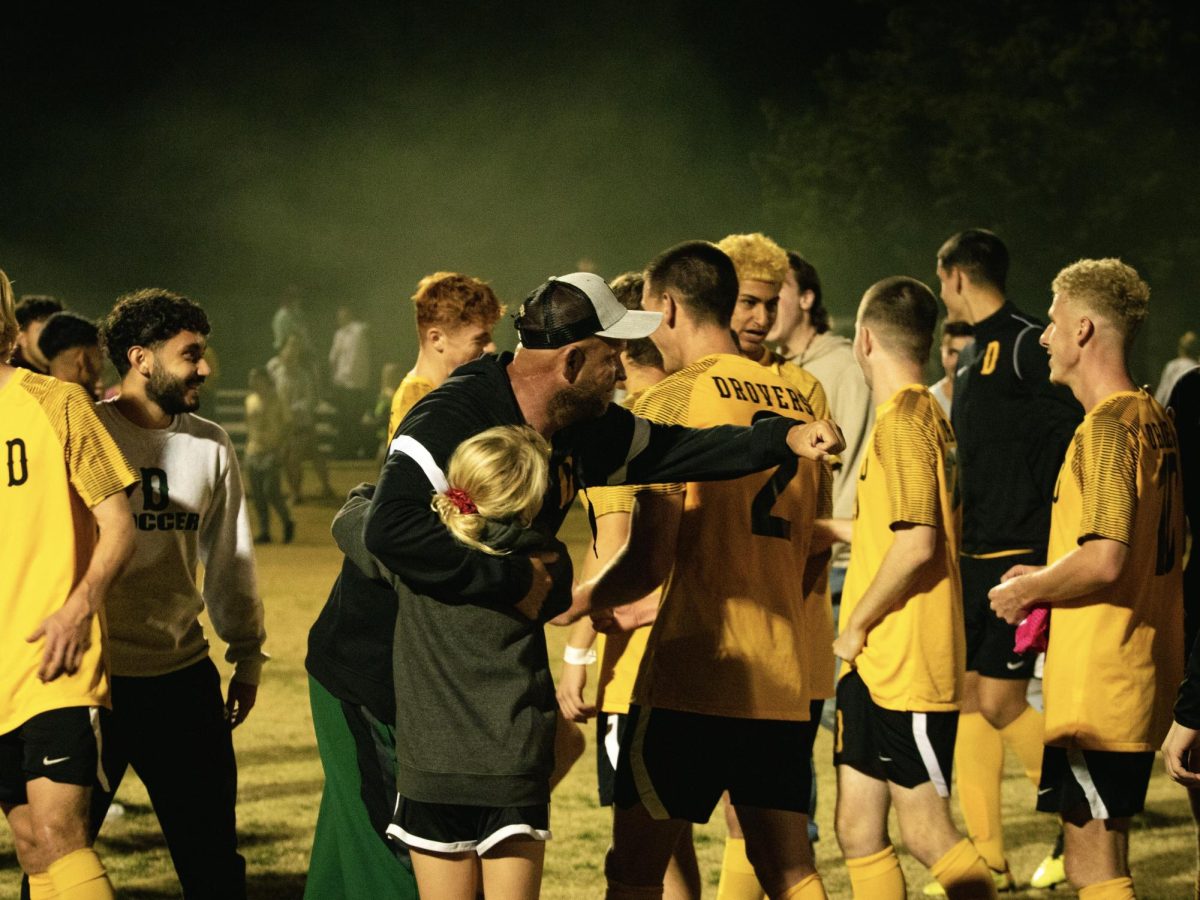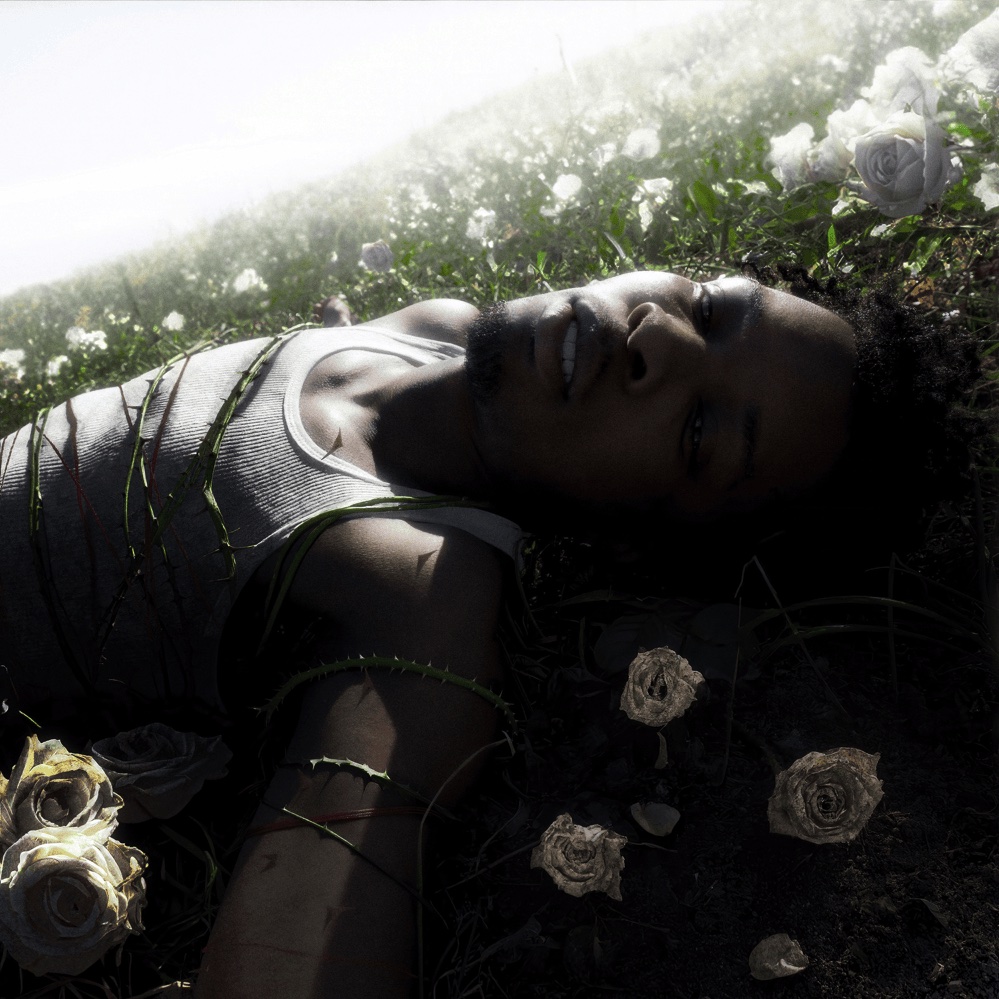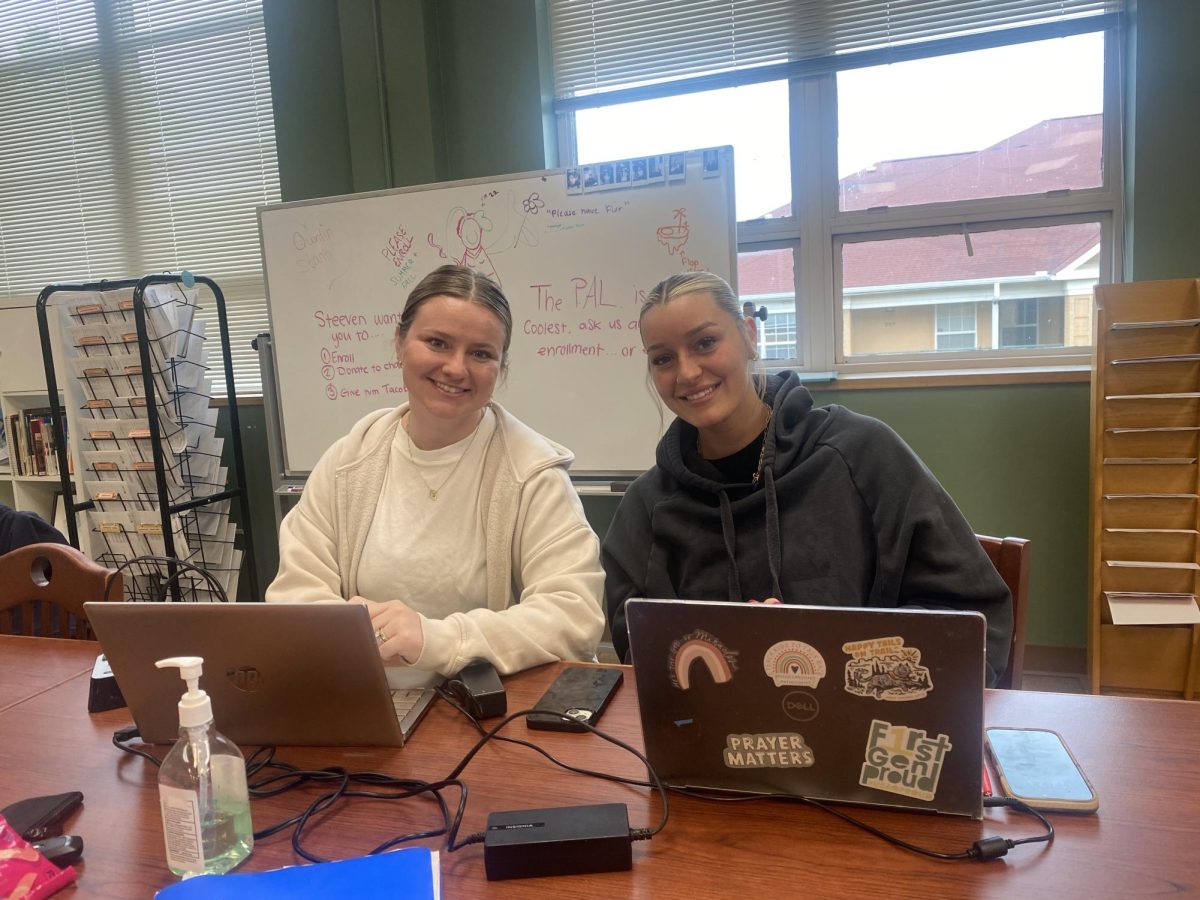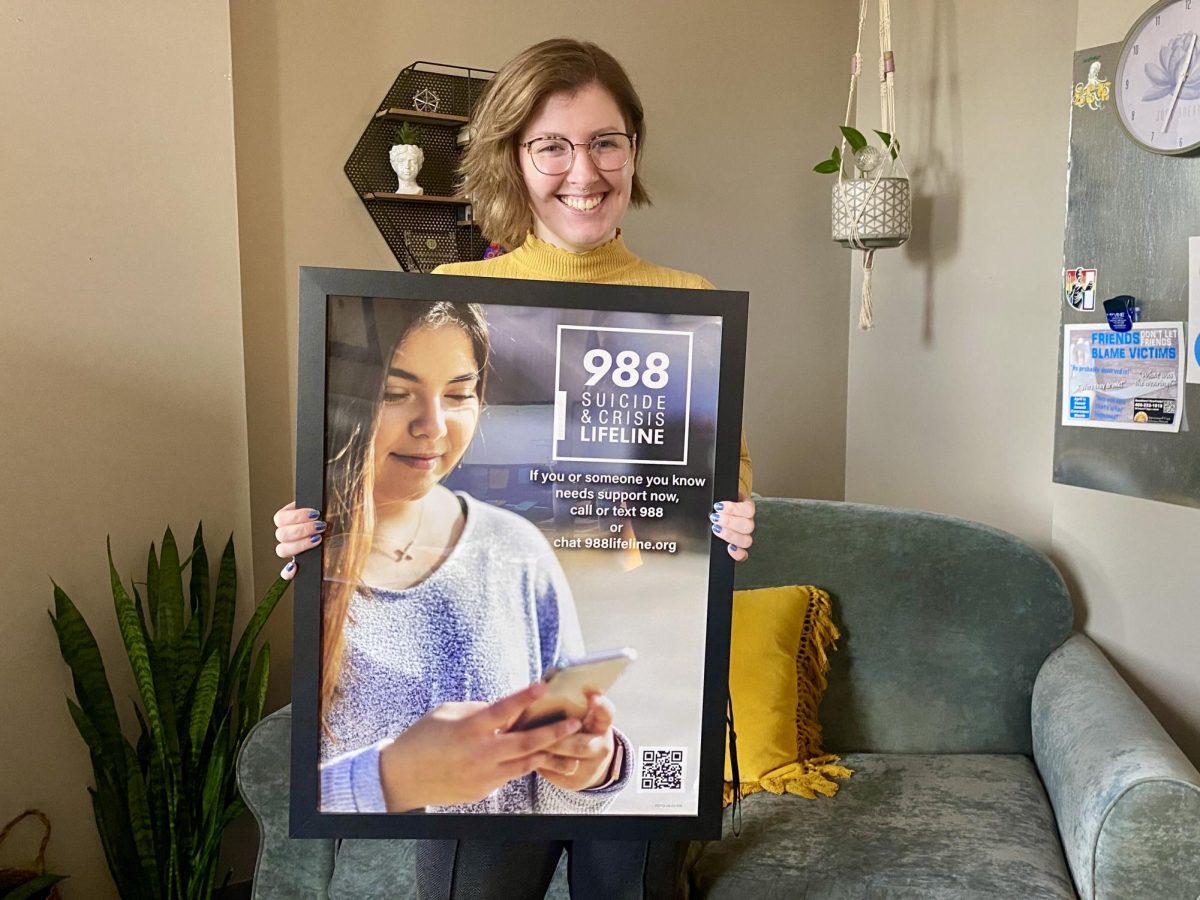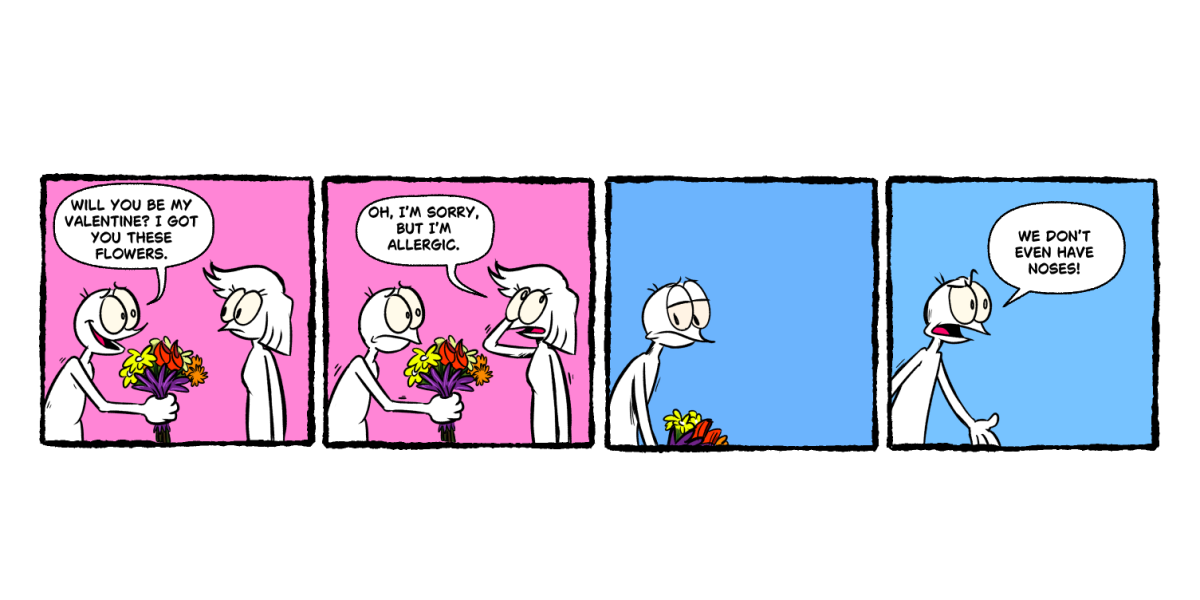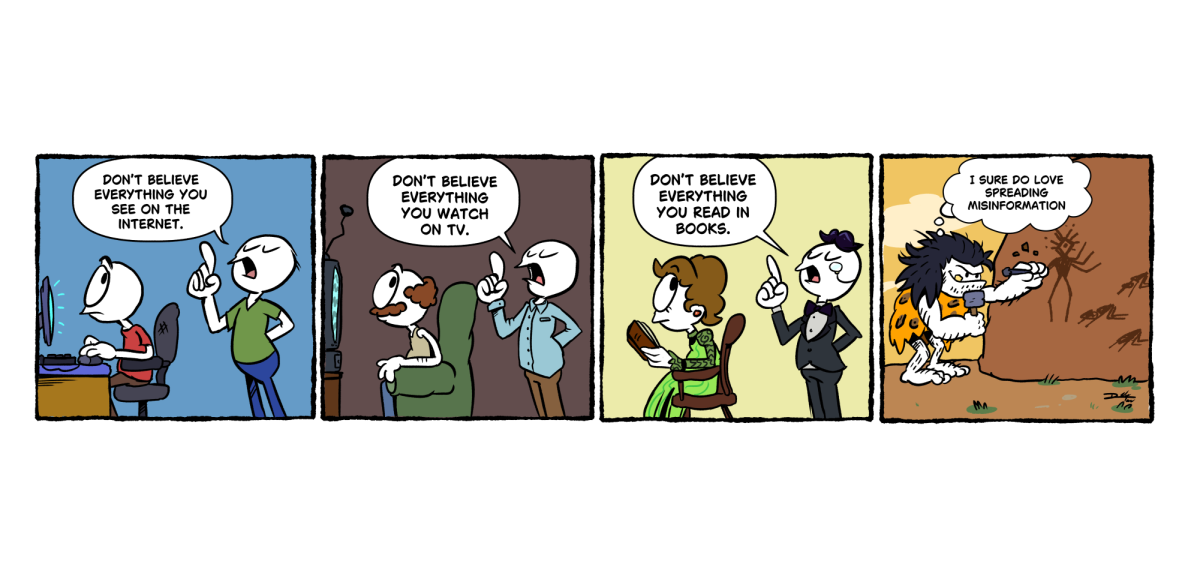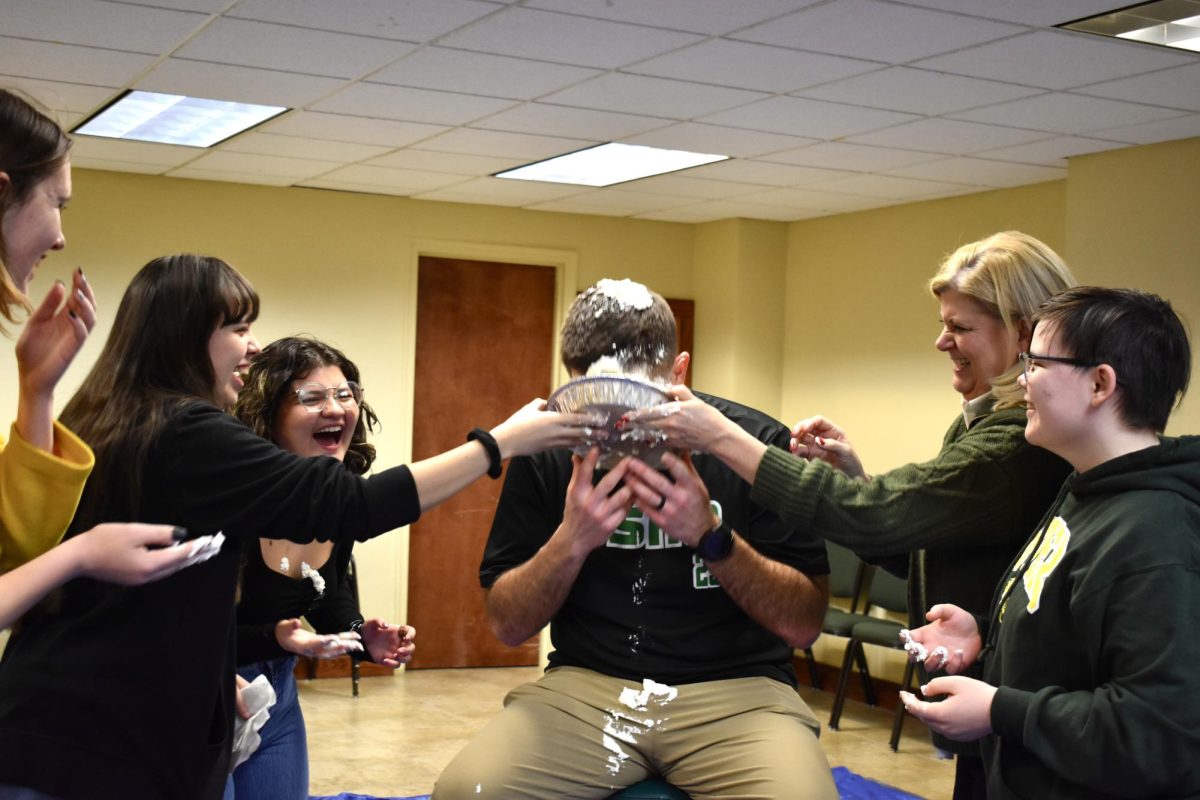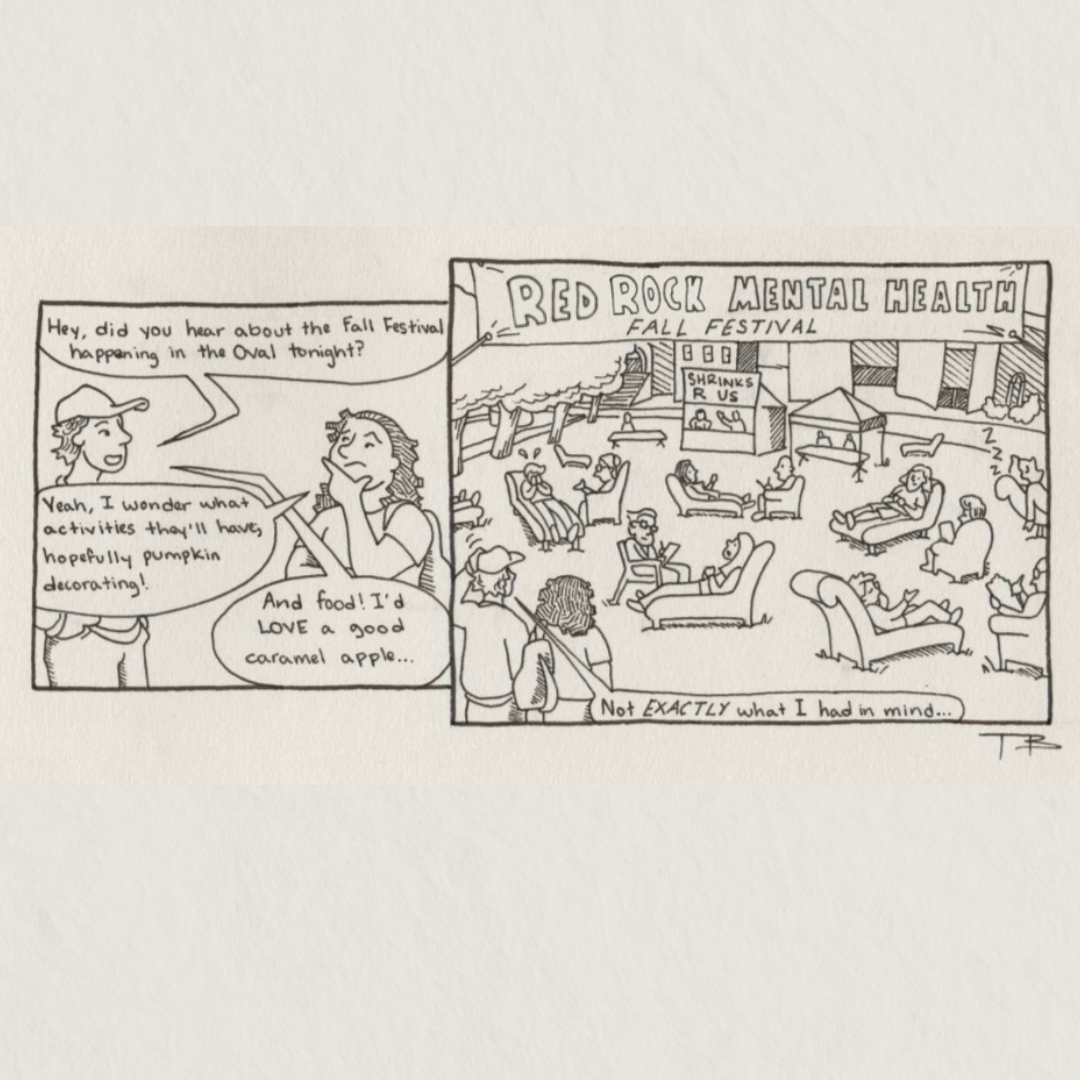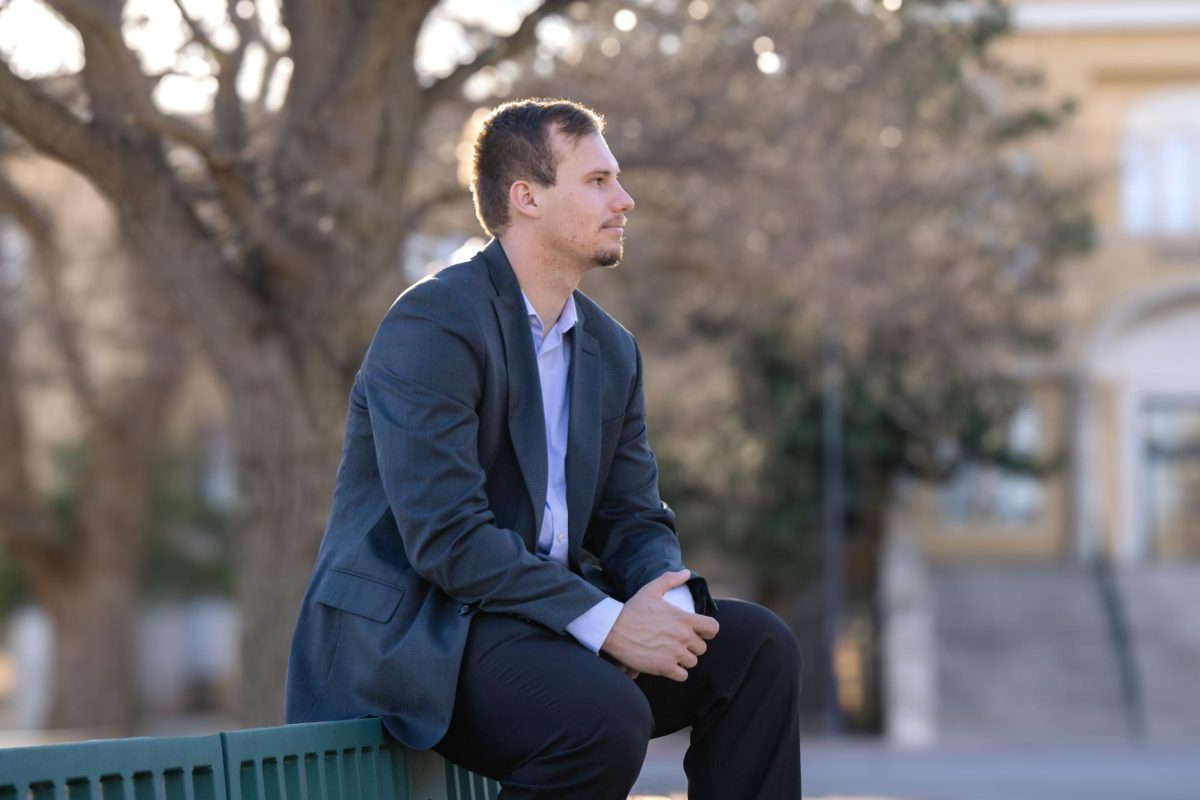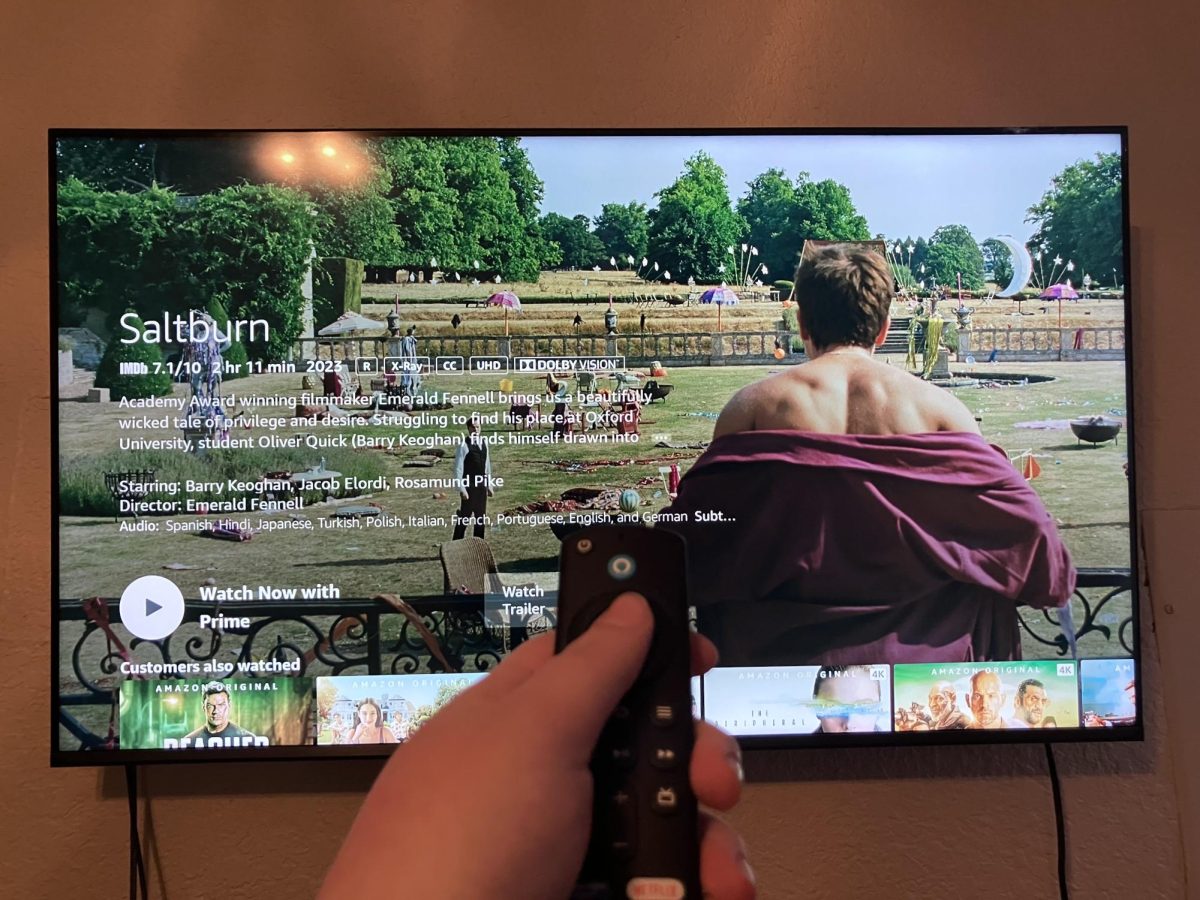If you haven’t heard anything about Emerald Fennell’s “Saltburn” by now, you may want to call your real estate agent and see if she can get you out of that rock you’ve been living under, because I personally haven’t been able to escape the shadow of Saltburn’s reputation for more than a few hours at a time since its release, but the question remains, does its reputation precede it?
When a movie has a lot of hype around it, it’s usually for a reason. In this case, it’s actually two reasons, arguably three. There are three scenes that have people both leaving theaters and doubling down on their bizarre fascination, depending on their sensibilities. I won’t spoil the content of these scenes for you, but trust me, you will undoubtedly know them when you see them.
I will give you this warning one time, and one time only. I encourage you to heed this warning at all costs: do not, and I repeat, do not watch this with your parents. That may seem obvious enough, but if you’re only watching certain trailers, you could easily mistake this film for some parent-safe, run of the mill Oscar bait. Rest assured; it is neither of those things.
The crux of this moody drama is the boundary blurring companionship shared between the two leads played by Barry Keoghan and Jacob Elordi. Unutterably sexy just as it is, to almost the same degree, uncomfortable, the chemistry between them is palpable. Unless you’re a certified prude, there’s very little to complain about with this movie. The cinematography is amazing, and the story is deeply compelling, beautifully told, and insidiously twisted.
“Saltburn” has something for everyone, and that something is named Jacob Elordi.
All kidding aside, Elordi shines as the charismatic golden boy from a world of ungodly wealth. His performance perfectly encapsulates the spirit and seductive nature of the upper class. Not to mention, unlike some people, he actually managed to stop doing the Elvis voice when he stopped playing Elvis (I’m looking at you, Austin Butler).
Set in the year 2006 “Saltburn” harkens back to a somewhat simpler time, just before technology and so-called “real life” became so fully integrated. People underestimate just how many stories are impossible to tell in the era of smartphones (they just solve too many problems), and for that reason, I believe the creation of the bygone era through setting and wardrobe was expertly chosen and seamlessly executed.
I must say, as a woman of 23 years of age, the idea that the early 2000’s are now an eligible time period for nostalgia-baiting dark comedies is existentially terrifying to a degree I cannot properly express with the linguistic tools at my disposal. It’s an unavoidable facet of getting older; we are all forced, slowly but surely, to watch the eras we’ve only ever known as “childhood” become set dressing for nostalgic media as we ourselves slip into irrelevancy. For me, “Saltburn” provided this grim wake up call.
“Saltburn” is one of the most dangerously provocative and deliciously lurid cinematic offerings of the last year. Director Emerald Fennell continues a phenomenal run of filmography as “Saltburn” garners both audience adoration and critical acclaim.
Grouped together with some of the finest dramatic actors of the day, Elordi and Keoghan are electric, only elevated by the presence of powerhouses like Rosamund Pike and surprise standout, Archie Madekwe, who played a loose relation to the Saltburn estate named Farleigh.
Draped in the unforgiving opulence of the illusive 1% and grounded by the everyday frustrations of the common man, this movie splays open the entire spectrum of humanity for all to see. It dissects our society into neat, clean slices of those who luxuriate in their status and those who suffer in it, ultimately calling into question the nature of our brutally classist system and the consequences of striving for more.
Gabi Merchen is a fourth-year communication major at the University of Science and Arts of Oklahoma.




















